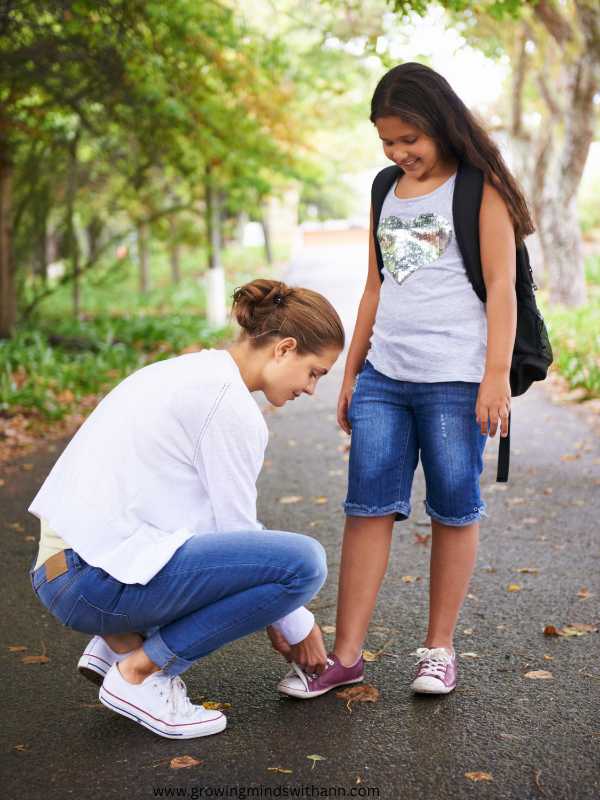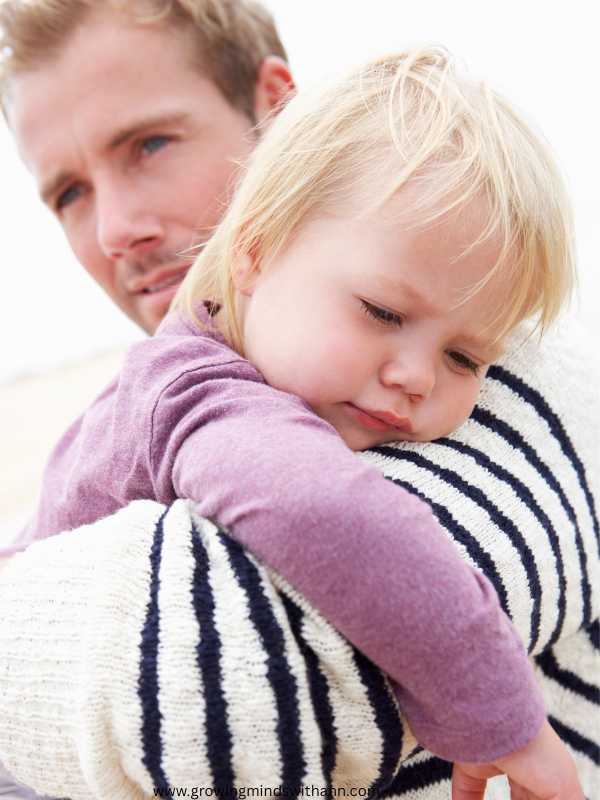As parents, you need these simple ways to discover your child’s love language for better parenting.
Every Parent wants raise children who feel deeply loved and secure. But sometimes, even when you pour out love in the best ways you can, your kids do not reciprocate as you want them to.
This is because you are not showing love to them the exact way they want to be loved. Every child has a unique way of giving and receiving love. When you discover these unique ways, parenting becomes more intentional and effective.
Understanding and expressing love in your child’s primary love language helps them become more responsive to parental guidance in every area of life. It’s important to learn how to recognize this language and respond to it in a positive way.
When you speak your child’s love language, you are connecting with them in the way that makes them feel most cherished, which fills their emotional love tank. This does not only nurtures a healthy and beautiful relationship but also strengthens the bond that exist between parent and child.
I remember when I first learned about love languages with my own child. I used to buy little gifts as a way of showing love, but my child still seemed distant. It was when I realized that her primary love language was “Quality Time” that everything changed. Something as simple as reading together or building blocks on the floor made her light up in a way gifts never did.
In this blog, we will be exploring simple ways to discover your child’s love language and how applying it daily can strengthen your bonds and also make parenting less stressful and rewarding.
Importance of Discovering Your Child’s Love Language in Parenting
Every child wants to feel loved, but not every child feels love in the same way. Some children light up when you shower them with hugs, while others beam when you spend time playing a board game or simply listening to their stories. When you, as a parent, discover our child’s love language, it’s like unlocking a secret door to their heart.
Below are the importance of discovering your child’s love language:
1. When children feel loved in the way that speaks to them most, they feel safe and secure in their relationship with you.
2. Speaking their love language deepens your connection with them and make everyday interactions warmer and more meaningful.
3. A child who feels truly loved develops a stronger sense of self-worth and is more likely to face challenges with confidence.
4. A consistent sense of love helps children learn empathy, kindness and also how to express love to others in healthy ways.
5. Speaking your child’s love language helps to improve their communication skills. They will be more willing to share their feelings, thoughts and even struggles with you.
Understanding the 5 Love Languages of Children
According to Gary Chapman, the 5 love languages of children are:
1. Words of Affirmation: this simply means using kind, encouraging and loving words to make a child feel valued. Simple words like “I am proud of you,” “You did a great job,” or even “I love you” can brighten their whole day.
2. Acts of Service: For some children, actions speak louder than words. They feel most loved when you do things that help or support them. It could be as simple as fixing a broken toy, helping with homework or tying their shoelaces when they are struggling. These small acts show your child, that you are there for them and that you care about them.

3. Gifts: Some children feel most loved when they receive gifts. A small surprise, like their favorite snack, a handmade card or even a flower picked on a walk, can make them feel remembered and special.
4. Quality Time: Some children feel most loved when they have your undivided attention. For instance, reading a story together, playing a game or simply talking without distractions can mean the world to them. When you give them your time, they feel important, valued and truly connected to you.
5. Physical Touch: Physical this is one of the most powerful ways to communicate love to children. From infancy, children experience love through cuddles, hugs and gentle touches even before they can understand the word “love.” According to Gary Chapman, children who receive consistent, tender touch tend to develop stronger emotional wellbeing. For some kids, physical affection is their primary love language, which make hugs, kisses and snuggles the most meaningful way for them to feel secure and deeply loved.




